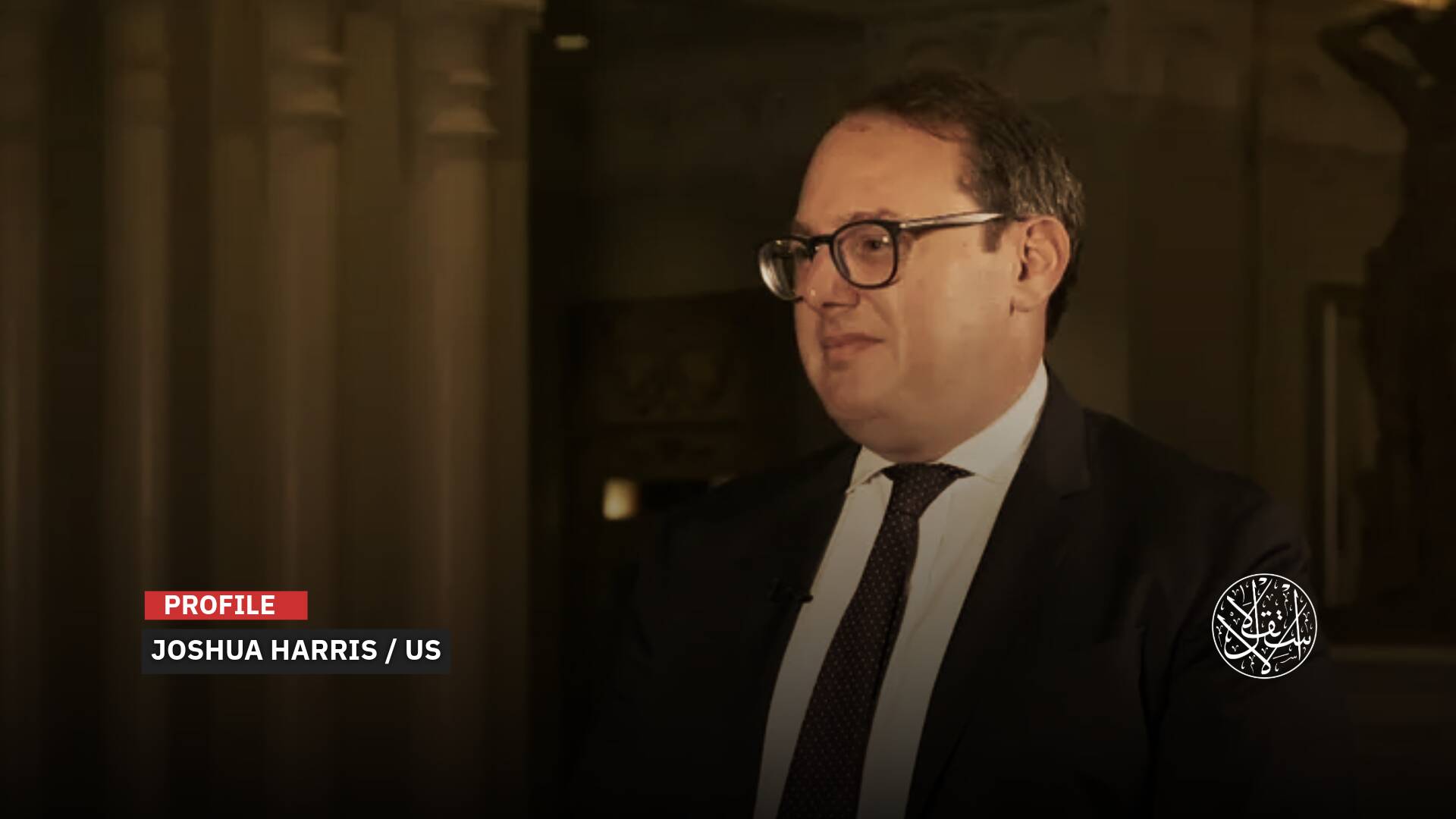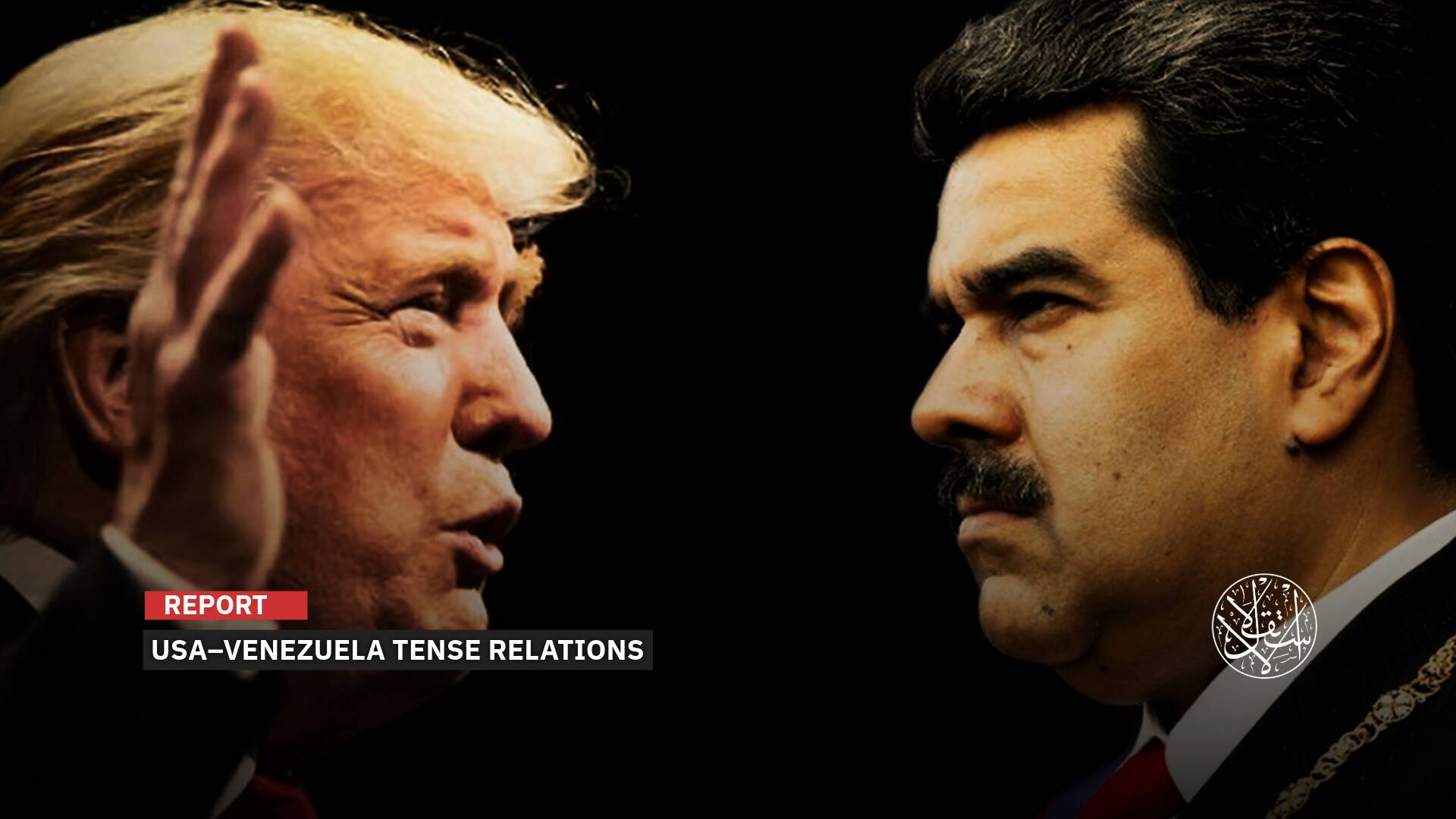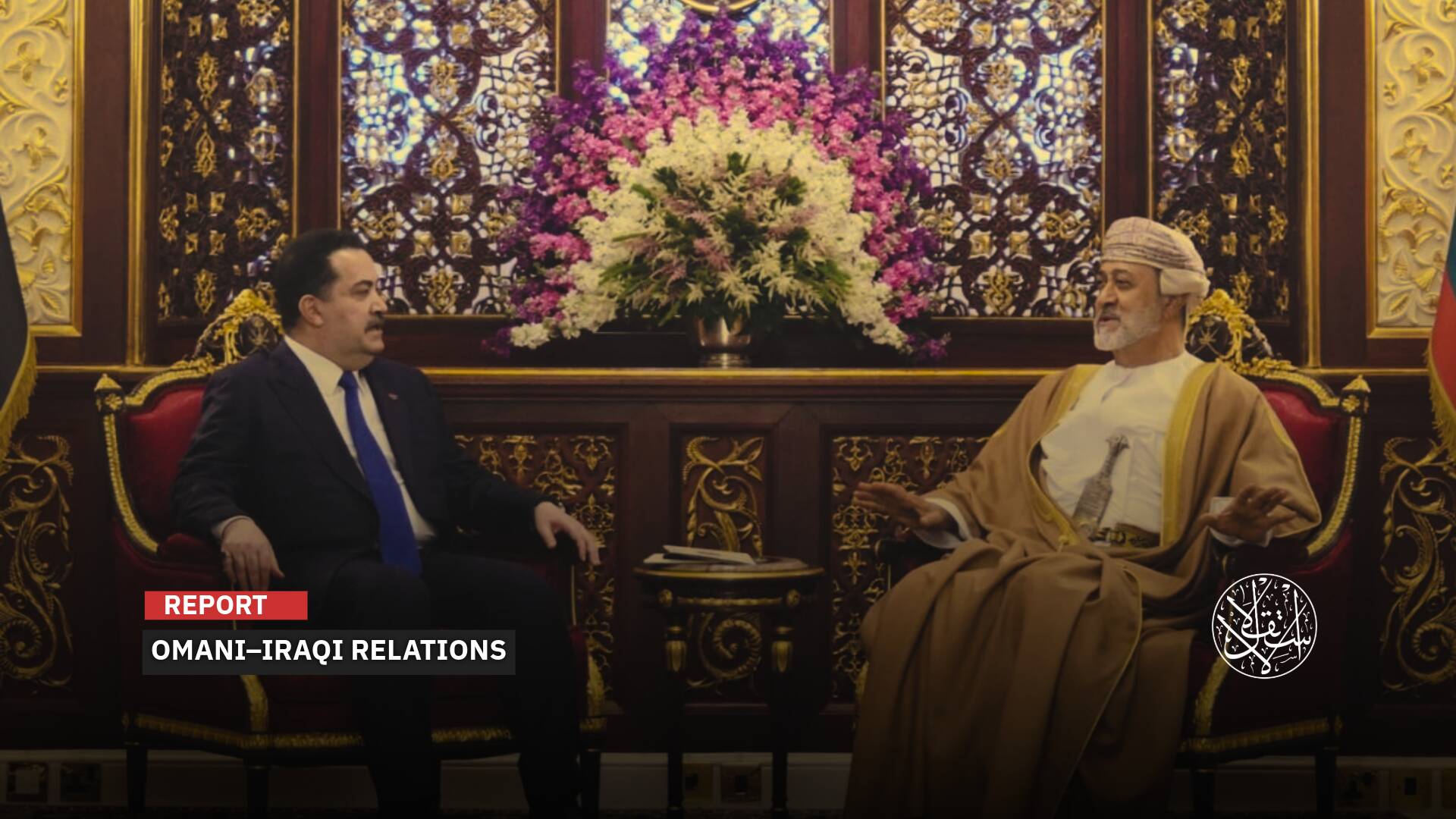'Idolizing the Leader'; the New Chinese Communist Party Ideology
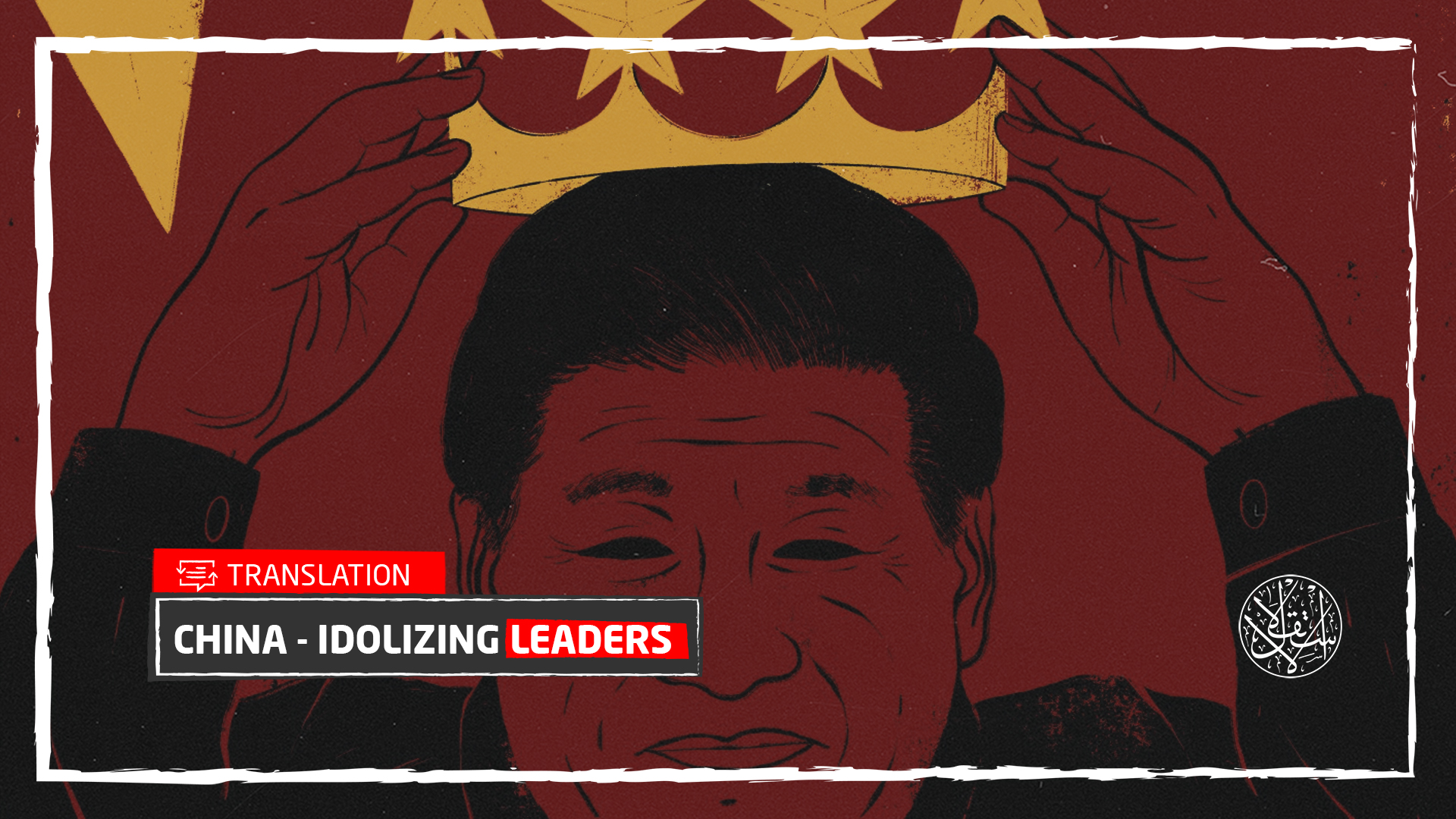
A Russian newspaper introduced the Communist Party of China, its ideological approach, the position of the Beijing authorities and their influence on citizens, and the ideas of President Xi Jinping.
"Ideological control of Chinese society may become stricter than before," writer Lydia Mysnyk said in an article for Gazeta.ru. "According to a new directive of the Communist Party, the campaign will focus on the doctrine (of Jinping ideas), which the president puts in place."
"The Communist Party may harden its already harsh ideological policies, according to the Guide to the Ideological and Political Work of the New Communist Party, its target will be close to 1.5 billion inhabitants of the People's Republic of China," Mysnyk stated.
The American channel, CNN, quoted the text of the party’s leadership: “The ideological and political work is a wonderful, it is a distinctive feature for the party, and a prominent political feature, and it serves as the life path of all its work.”
The party noted that such a policy is of "great importance for the party's future fate, the country's long-term stability, and the nation's cohesion and unity."
Control Methods
This political campaign focuses on promoting Jinping's ideas of socialism with Chinese features for a new era, a political doctrine that was written into the 2017 Party Charter and has since been studied by Party cadres at meetings and in specially designed mobile phone applications.
Based on the new directive, the party intends to promote "a sense of political, ideological, theoretical and emotional conformity" in Chinese society with this philosophy.
Mysnyk added that the country's Ministry of Education indicated that today's campaign is gaining momentum to spread this doctrine "in textbooks, in the classroom, and in the minds of students."
The ministry has already announced that "Jinping Thoughts" will be added to textbooks for teaching in primary and secondary schools across the country.
Within this framework, introductory courses on this topic were launched in dozens of universities in the fall of 2020, and with the aim of studying ideology; special research centers were established in which this work could be analyzed.
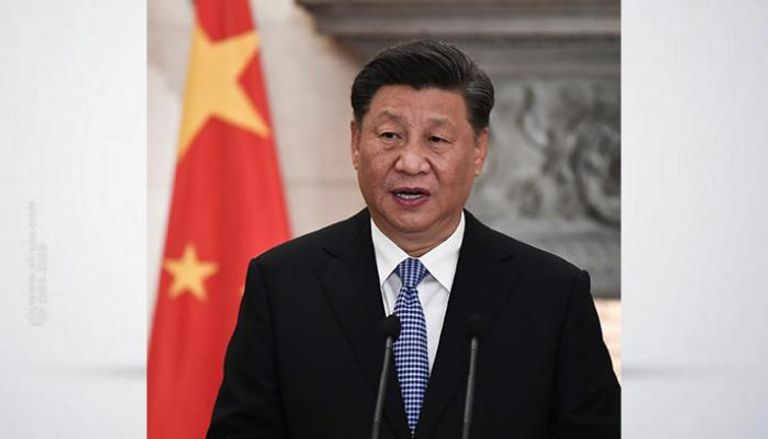
The head of the School of Health and Safety for Oriental Studies, Andrei Karnev, told Gazeta.ru, "The party will try to convince the population of the correctness of its position through the results of its activities. To do so they already have arguments and trump cards. They can prove the growth of the economy, and the success of China in combating the Corona pandemic."
The expert, Karnev, stressed that they would try to convince the citizens that the Communist Party "is doing everything right, and most importantly, that it understands where it will lead the country."
Mysnyk commented that during the decade before Jinping came to power, the CCP's presence in popular culture and art was very weak.
Sinologist Nikolay Vavilov noted that "after Jinping came to power, a very serious decline in the revival of the party's role was observed, as the Chinese Communist Party became a visible force, and it began to renew its influence on ideological processes."
Previously, the control of the Internet was used only to stop terrorism, extremism, separatism and other illegal activities, and had absolutely no effect on the behavior of bloggers on the Internet, while the Internet is the decisive factor in destabilizing society today, geologists have noted this many times, especially social networks.
According to Vavilov, in this case it would be more correct to talk about reviving the presence of the Communist Party in the lives of the Chinese, and visually reviving its public relations.
Mysnyk noted that the very personality of Jinping is an "important element of the new ideological agenda."
While Vavilov stressed that, "the new ideology is linked to the cult of the leader."
Westernization Threat
Mysnyk commented that the Communist Party is actively trying to resist the "penetration" of Western ideas into Chinese society, and this, in particular, explains the denial of access to various Internet resources and social networks in China.
The politician Karnev pointed out that China "is being criticized for various aspects of its foreign and domestic policy, so the Chinese leadership considers it necessary to unify the orientations of citizens so that they support the goals set by the government."
Before Jinping came to power, the West covered almost the entire Chinese society, and the Western way of life was actively promoted in popular culture, and the Communist Party did not create barriers to this, Vavilov said.
He added,”Because of the growth of the Republic of China, the west has become aware of Beijing's role as one of the great powers in the future. Against the increasing pressure on China from the West, more decisive measures are required by the Publicity Department of the Central Committee to revive the recognition in society of Chinese cultural samples as a priority over Western samples.”
As the author stated, “This means that we are talking about ideological protection from the comprehensive Westernization of China, and about recognition within Chinese society of the primacy of Chinese ideology over the West. This is particularly felt during the period of the next 20th Congress in 2022 and the key decisions in Chinese politics regarding the possible election of Xi Jinping.” for a third term.
"Escalating one viewpoint to everyone in the hope that they will only stick to it is not possible in the modern information society," said Karnev, president of the HSI School of Oriental Studies.
"It is clear that the ruling party wants first and foremost for people to have a consensus on supporting the Communist Party on major issues," he added.
He clarified, "But you have to distinguish between the support shown to the public and what is discussed in kitchens, in smoking rooms, in informal communications."
"China should adopt a stricter policy on Internet resources, but each of the controllers will devise new ways of discussion and criticism, and there will be in constant competition," Karnev concluded.






